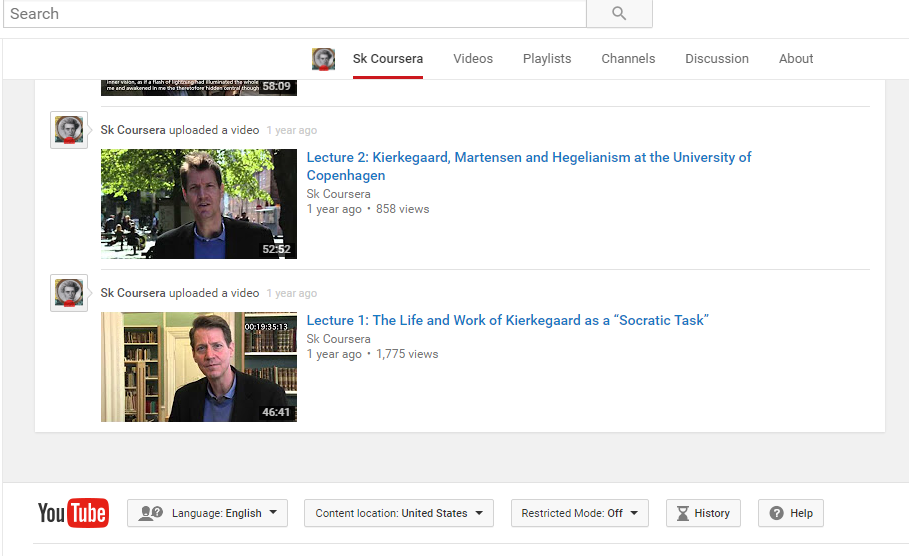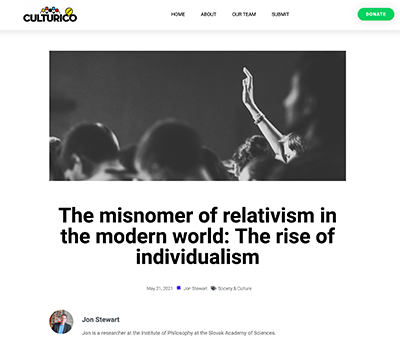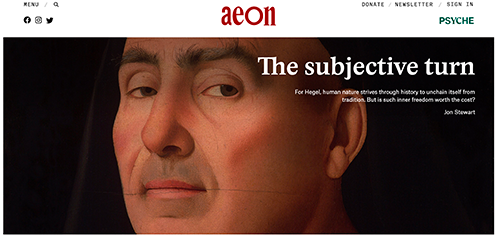|
Jon Stewart Ph.d.,
Dr. habil. theol. & phil.
Institute of Philosophy Slovak Academy of Sciences |
|||||||
| |
Curriculum Vitae | Publications | Current Projects | Papers Given |
Web Resources |
||
|
|
|||||||
Archive
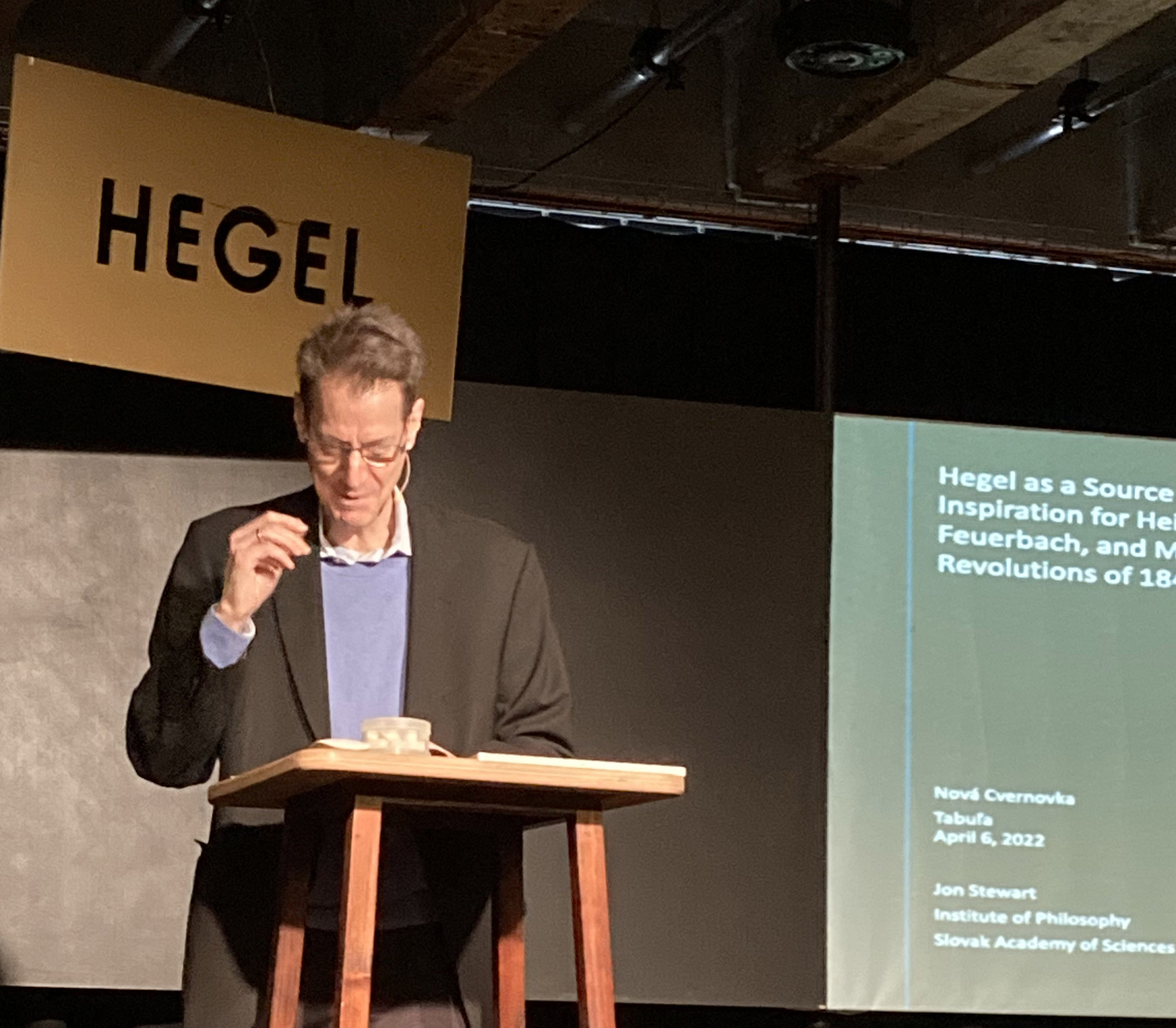 Lecture: "Hegel as a Source of Inspiration for Heine, Feuerbach, and Marx Radčianska 1575/78 April 6, 2022 ________________________
Keynote
Speech: “Humanities
Education in a Globalized World and Our Modern
Prejudices” 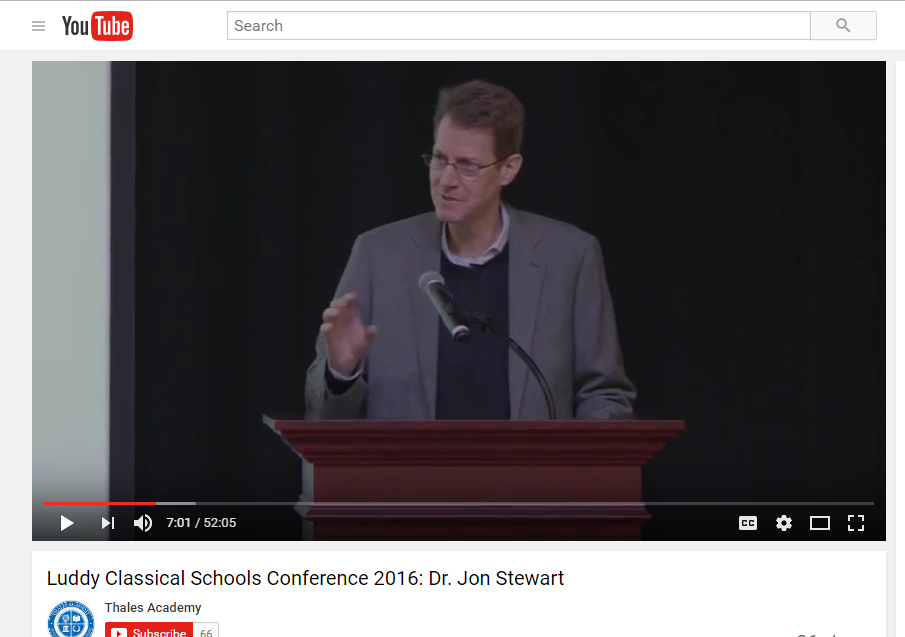 Thales
Academy, Rolesville, North Carolina ________________________
Podcast Interviews:
Interviews on A History of Nihilism in the Nineteenth Century
Hermitix (March 13, 2024):
New Books Network (August 9, 2023):
________________________
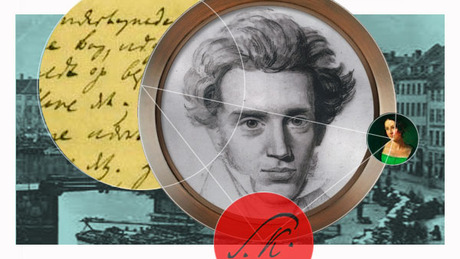 Søren Kierkegaard: Subjectivity, Irony and the Crisis of Modernity An online course in Coursera It
is
often claimed that relativism, subjectivism and nihilism
are typically modern philosophical problems that emerge
with the breakdown of traditional values, customs and ways
of life. The result is the absence of meaning, the lapse
of religious faith, and feeling of alienation that is so
widespread in modernity. See also: 8 video lectures for the on-line course: Søren Kierkegaard: Subjectivity, Irony and the Crisis of Modernity ________________________
Interview
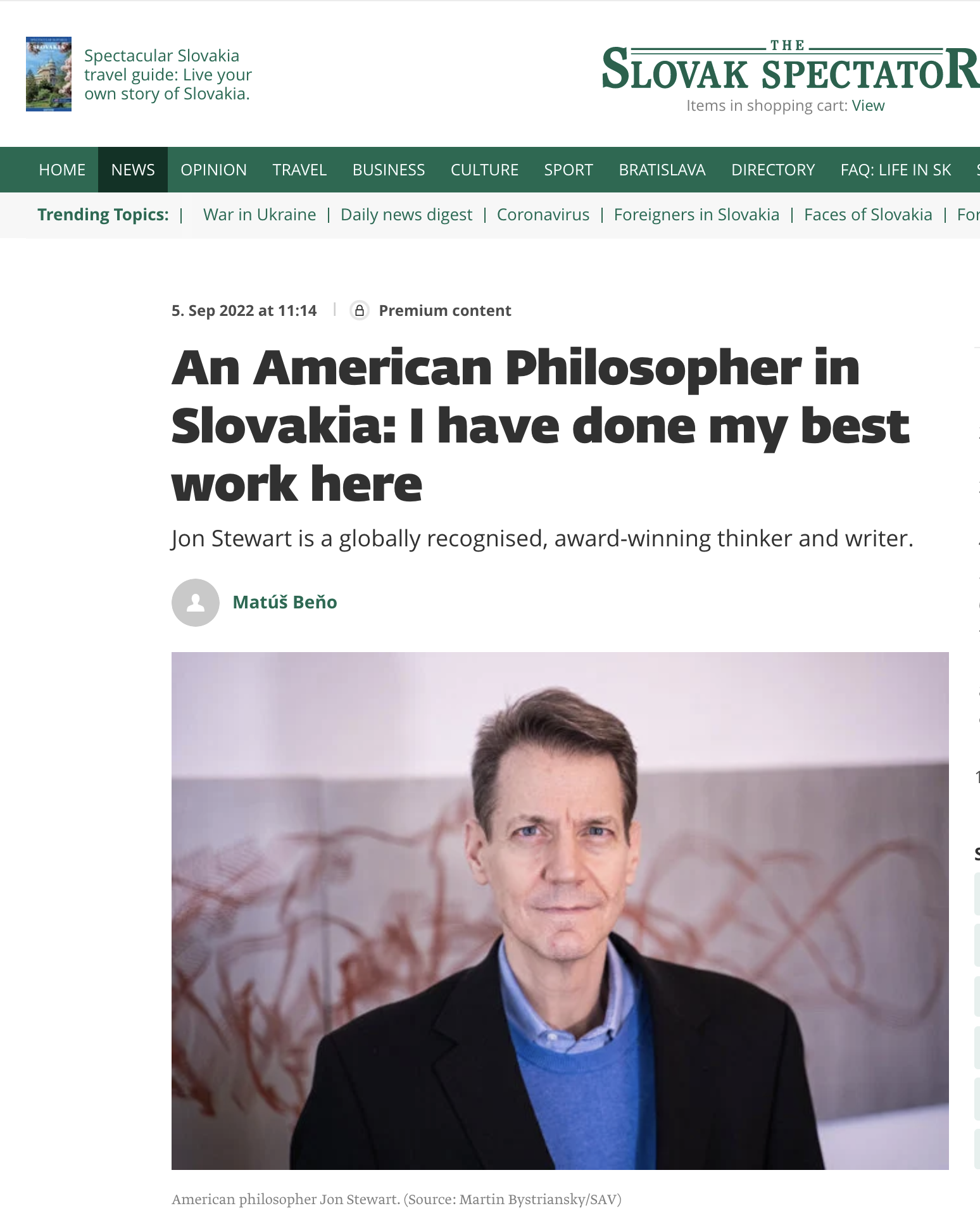 Matuš Beno: "An American Philosopher in Slovakia: I Have Done My Best Work Here." The Slovak Spectator, September 5, 2022 Read here ________________________
Interview 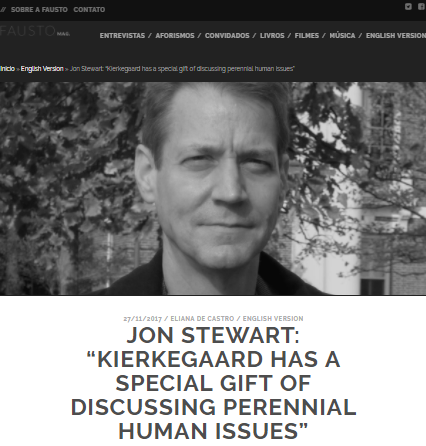
Eliana de Castro, "Jon Stewart: " Kierkegaard Has a Special Gift of Dicusssing Perennial Human Issues." Fausto Mag., November 27, 2017
Read the interview in Portuguese
________________________
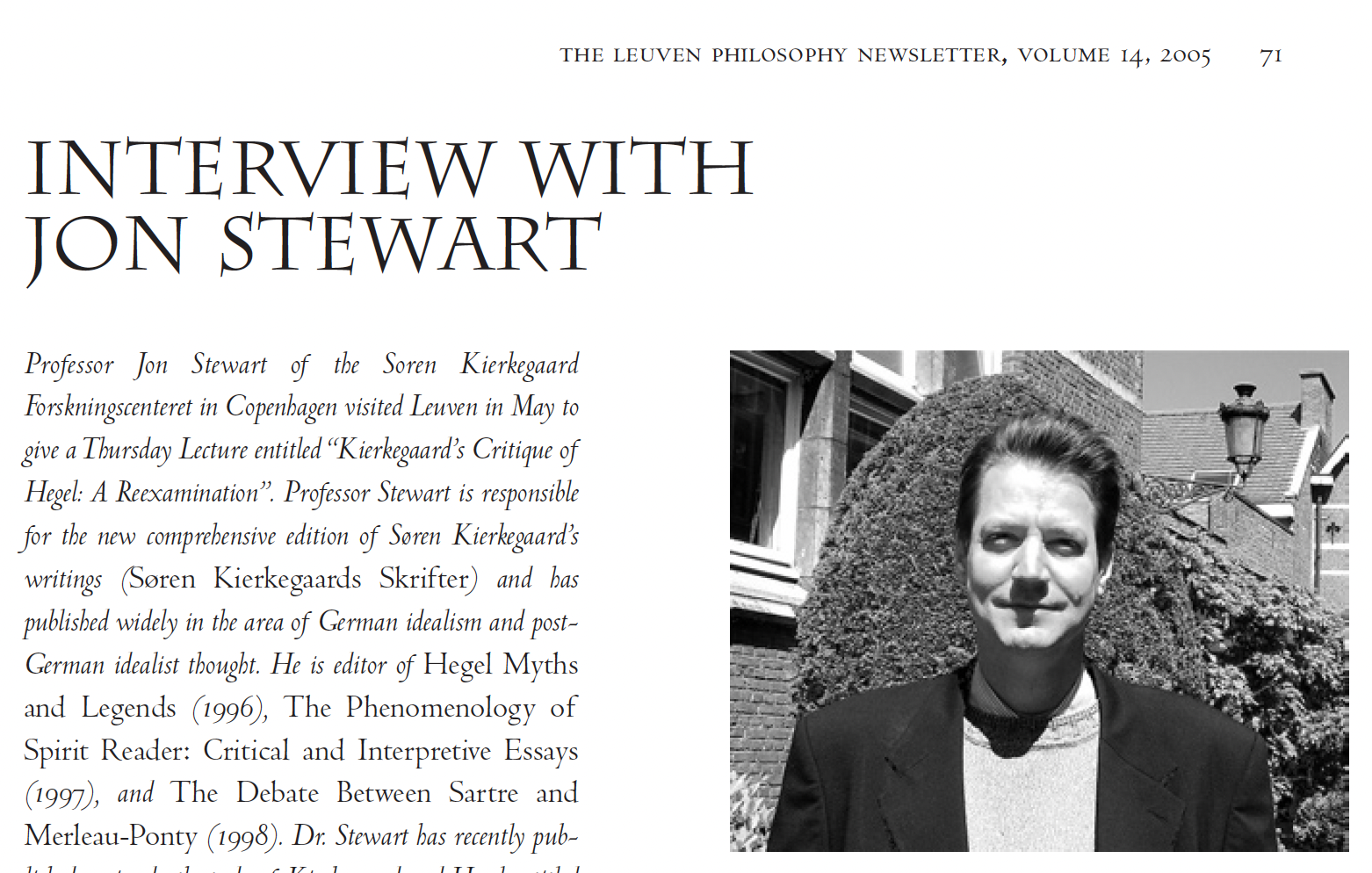 Margherita Tonon, “An Interview with Jon Stewart,” The Leuven Philosophy Newsletter, vol. 14, 2005, pp. 71-77. Download the interview here ________________________
“The Misnomer of Relativism in the Modern World: The Rise of Individualism" in the online journal Culturico (21 May, 2021): ________________________
“What is it to be Human? The Dominance of Subjectivity,” in the online journal Aeon (2 November, 2020): https://aeon.co/essays/hegel-and-the-history-of-human-nature ________________________ 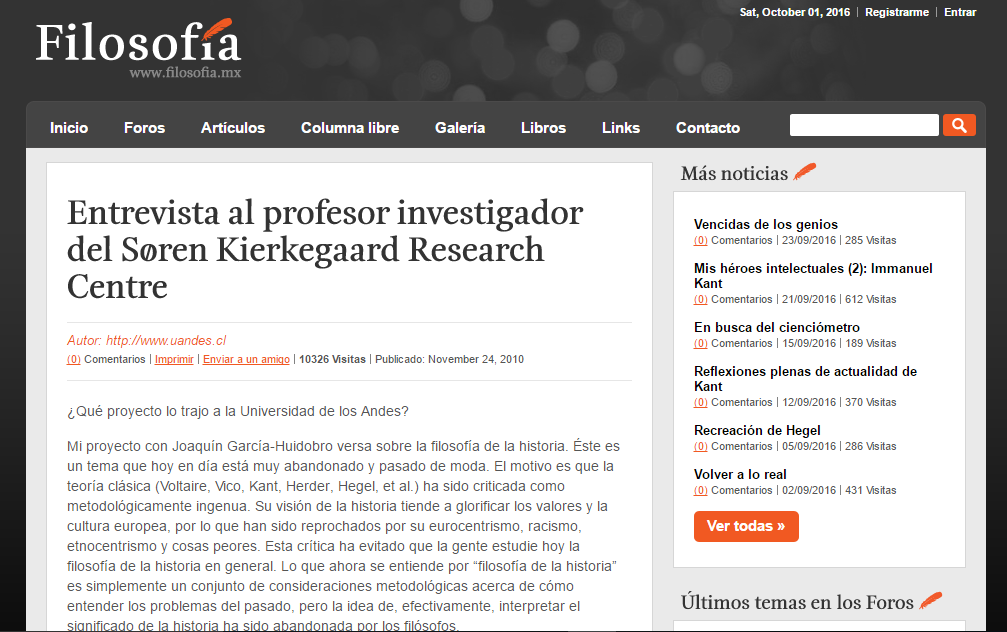 “Entrevista al profesor investigador del Søren Kierkegaard Research Centre,” Filosofia, Noticias, November 24, 2010 Universidad de los Andes, Santiago de Chile ________________________ 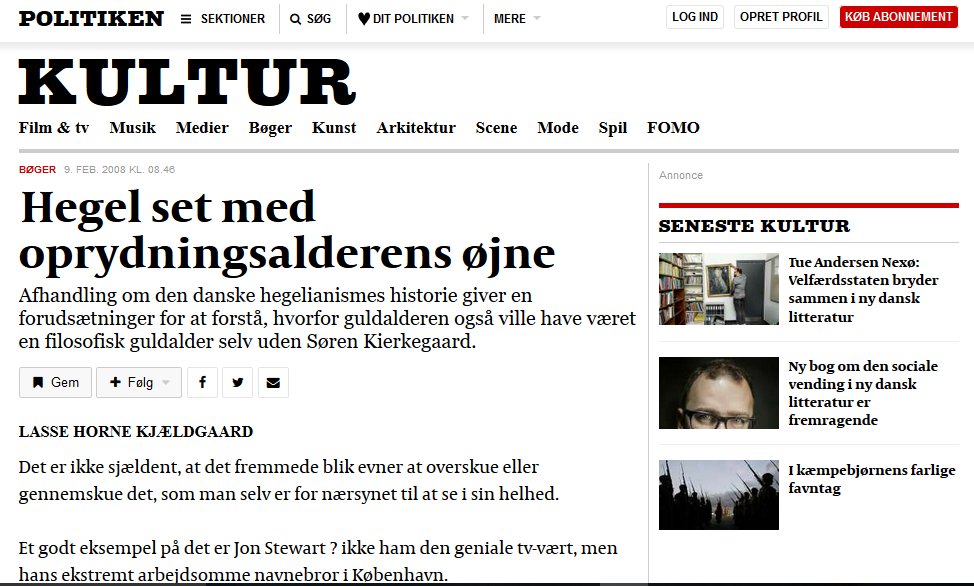 Lasse Horne Kjældgaard, “Hegel set med oprydningsalderens øjne,” Politiken, Kultur, February 9, 2008. ________________________ 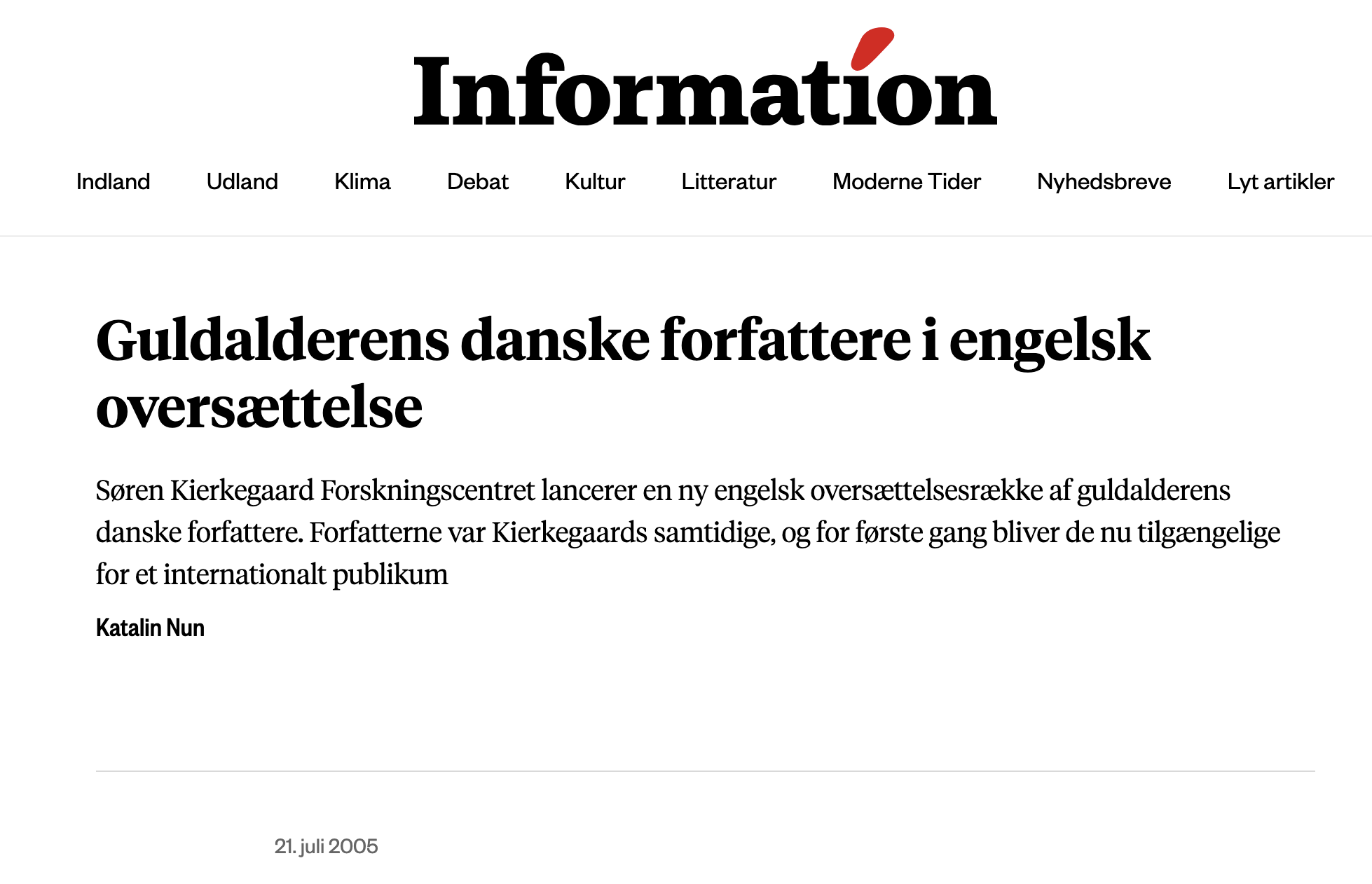 Katalin Nun, “Guldalderens danske forfattere i engelsk oversættelse,” Information, Kultur, July 21, 2005, p. 17 ________________________
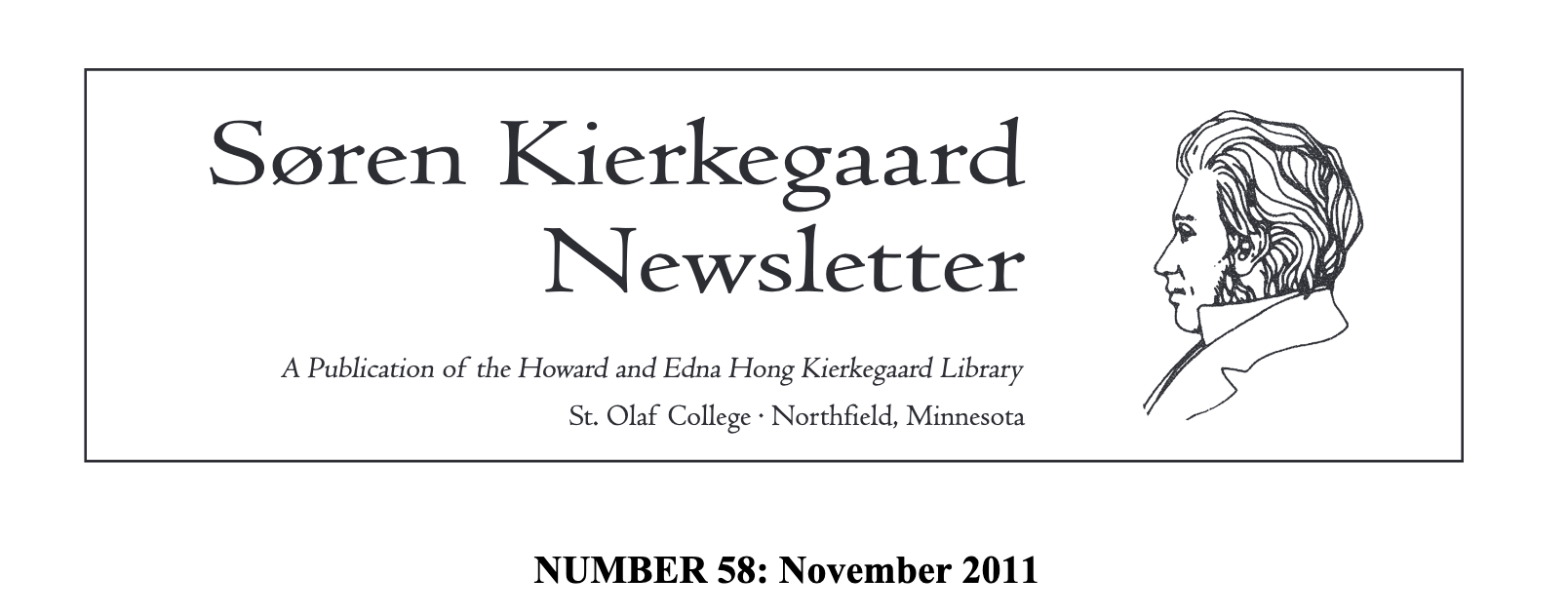
Special
Issue of the Kierkegaard Newsletter, no. 58, November
2011.
The
Completion of Kierkegaard
Research:
Sources, Reception and Resources Read more about the project and the individual volumes The series Kierkegaard Research: Sources, Reception and Resources was published by Ashgate and Routledge
Overview
of the Series: Section
I: Kierkegaard’s Sources
Volume 2.
Kierkegaard and the Greek World
Volume 3.
Kierkegaard and the Roman World
Volume 4.
Kierkegaard and the Patristic and Medieval Traditions
Volume 5.
Kierkegaard and the Renaissance and Early Modern
Traditions
Volume 6.
Kierkegaard and His German Contemporaries
Volume 7.
Kierkegaard and His Danish Contemporaries
Volume
8. Kierkegaard’s International Reception
Volume 9. Kierkegaard’s Influence on
Existentialism
Volume 10. Kierkegaard’s Influence on Theology
Volume 11.
Kierkegaard’s Influence on Philosophy
Volume 12.
Kierkegaard’s Influence on Literature and Criticism
Volume 13.
Kierkegaard’s Influence on the Social Sciences
Volume 14.
Kierkegaard’s Influence on Social-Political Thought
Volume 15.
Kierkegaard’s Concepts
Volume 16.
Kierkegaard’s Literary Figures and Motifs
Volume 17.
Kierkegaard’s Pseudonyms
Volume 18. Kierkegaard Secondary Literature
Volume 19. Kierkegaard Bibliography
Volume 20. The
Auction Catalogue of Kierkegaard’s Library
Volume 21.
Cumulative Index
________________________
“…cette
collection
est une source incroyablement riche d’informations. On
peut y trouver toutes les indications nécessaires,
rassemblées le plus exhaustivement possible, sur le
rapport de Kierkegaard à ses sources, Socrate, par
exemple, Luther ou Lessing, ou encore Shakespeare ou
Mozart; sur la manière dont les auteurs venant après lui
l’ont lu et interprété, que ce soit Heidegger, Sartre,
Camus, Barth ou Bonhoeffer, ou encore Kafka, Strindberg,
Ibsen, Frisch ou Dürrenmatt.” ________________________
"Kierkegaard
Research:
Sources, Reception and Resources is
continuing to prove a remarkable achievement and is
cumulatively providing an important point of reference
for all those working on Kierkegaard...."
George Pattison, Marginalia: A Review of Books in History, Theology and Religion, January 29, 2013 (online journal). ________________________ "This
multi-volume
reference work is a contribution of the highest caliber
to academic research on Kierkegaard....The general
editor Jon Stewart together with his co-editors must be
thanked for orchestrating such a vast undertaking. Their
work is nothing less than a largesse to the future of
Kierkegaard scholarship." ________________________
"The series is the most important single collection of
secondary literature on Kierkegaard to be published in
recent years and it is possibly the most important ever
published."
________________________
|
|||||||
| Jon
Stewart©2007-2025
|
|||||||
